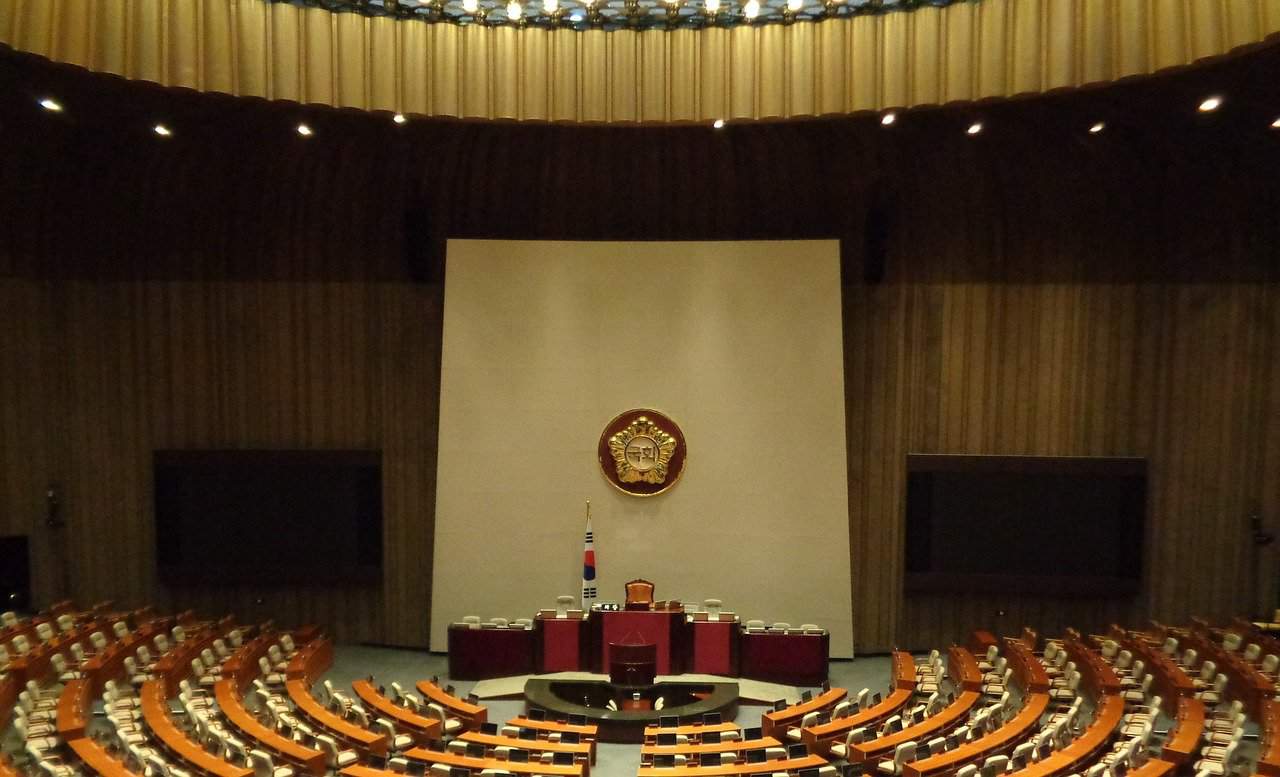A legislator from the ruling Democratic Party of Korea today announced a proposal to defer tax on virtual assets for one year, after which income derived from cryptocurrencies would be treated as financial investment income for tax purposes.
Fast facts
- Noh Woong-rae proposed deferring the levying of tax on income from crypto transactions until January 2023, according to multiple media reports. He said more preparation was required to build a comprehensive taxation infrastructure around virtual assets.
- South Korea’s crypto regulations lack clarity, and the country’s finance sector authorities have not devised measures to regulate accounts on overseas exchanges such as Binance. If a crypto tax is applied as planned in the coming year, peer-to-peer transactions and spot trading on overseas platforms may not be taxed properly.
- Noh’s proposal includes classifying income derived from virtual assets as financial investment income, which qualifies for a tax deduction up to a threshold of 50 million won (US$44,250).
- Crypto-related income is designated as “other income,” a classification that includes temporary and contingent income such as lottery winnings, which qualifies for a tax deduction up to 2.5 million won, and on which tax of 20% is payable above that threshold.





